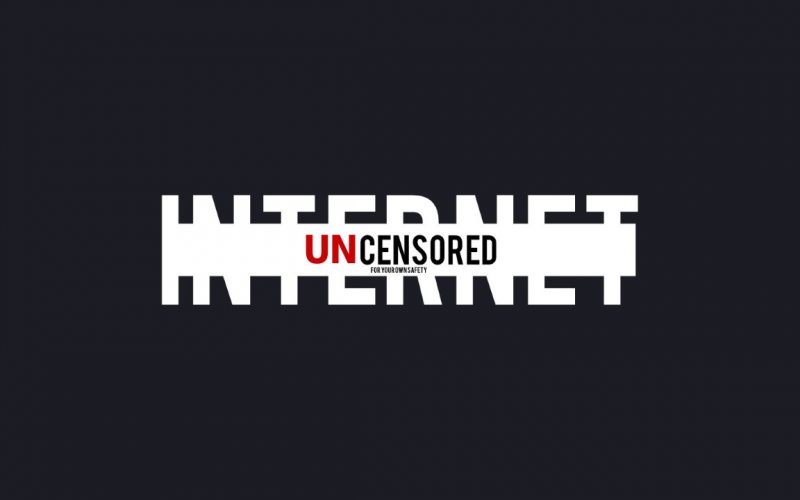In the tumultuous political climate of the world today, people often find themselves trying to express their frustrations and opinions, only to find that their words are being censored. Censorship is often easier to combat in person than on the Internet. While censorship on the Internet isn’t always easy to detect, it is frustrating if you are trying to get around it.

With the power the Internet holds to communicate thoughts, ideas and plans, a lot of Internet Service Providers, servers, and governments have taken to filtering out websites and blocking certain kinds of content. The right to free speech is a human right that everyone should have, no matter the content. If you want to make sure that you have the right to free speech, follow these different alternatives to learn how to avoid censorship on the Internet.
Preventing Censorship with a VPN

If you want to make sure you have free reign to say what you want on the Internet, you should try a virtual private network. Using a VPN will redirect your computer traffic to the network you are using, no matter where you or your server may be located. If you happen to be connected to a VPN in Germany, your Internet traffic will always trace back to Germany. VPN’s are great for making sure your work is untraceable to you.
Of all the VPN’s out there, StrongVPN is definitely a favorite among most users. StrongVPN has servers across the world in over 20 countries and 40 cities. StrongVPN is relatively affordable and has a strong Internet connection. With great compatibility with most electronic platforms, StrongVPN is really a great choice.
Use a Proxy to Get Around Censorship

Proxies are another great way to avoid having your work censored. Use either a web based proxy or an encrypted proxy to gain access to a blocked site. When you use a web based proxy, you can type the website into the proxy and go from there. An encrypted proxy takes your security to the next level by encrypting the information that you are searching for.
While proxies can work like VPN’s, proxies don’t always work as efficiently. Proxies only work for specific programs and cant promise total security.
Use a Secure SSH Tunnel for Filtered Sites
SSH tunneling is essentially a process that uses a Secure Shell Tunnel to redirect your Internet traffic through the secure server. SSH tunnels are best used for encrypting traffic when you are using Public Wi-Fi or local networks.
Use Tor to Browse the Web

If you are looking to browse anonymously, try Tor. Tor routes your Internet activity to an encrypted network that is in a different, uncensored location. Use Tor to get to blocked websites that you can’t access from your regular connection. Keep in mind that using Tor to access information that is sensitive—use a VPN for that.
Most countries that use Tor are facing intense censorship from their governments so Tor works really well if you are in a country that censors heavily. However, Tor is very slow and you may be waiting a while during your use.
Try Out a DNS Server for Blocked Sites
Certain Internet Service Providers filter our various blocked websites by having DNS Servers direct blocked requests to other websites. If this is the case, get a custom DNS service to get through the DNS filtering. Google Public DNS is one of the better custom DNS’ to help you get through filtering.
Censorship is a violation of human rights and you should do everything you can to fight it. Try these alternatives to make sure your words aren’t filtered out.
